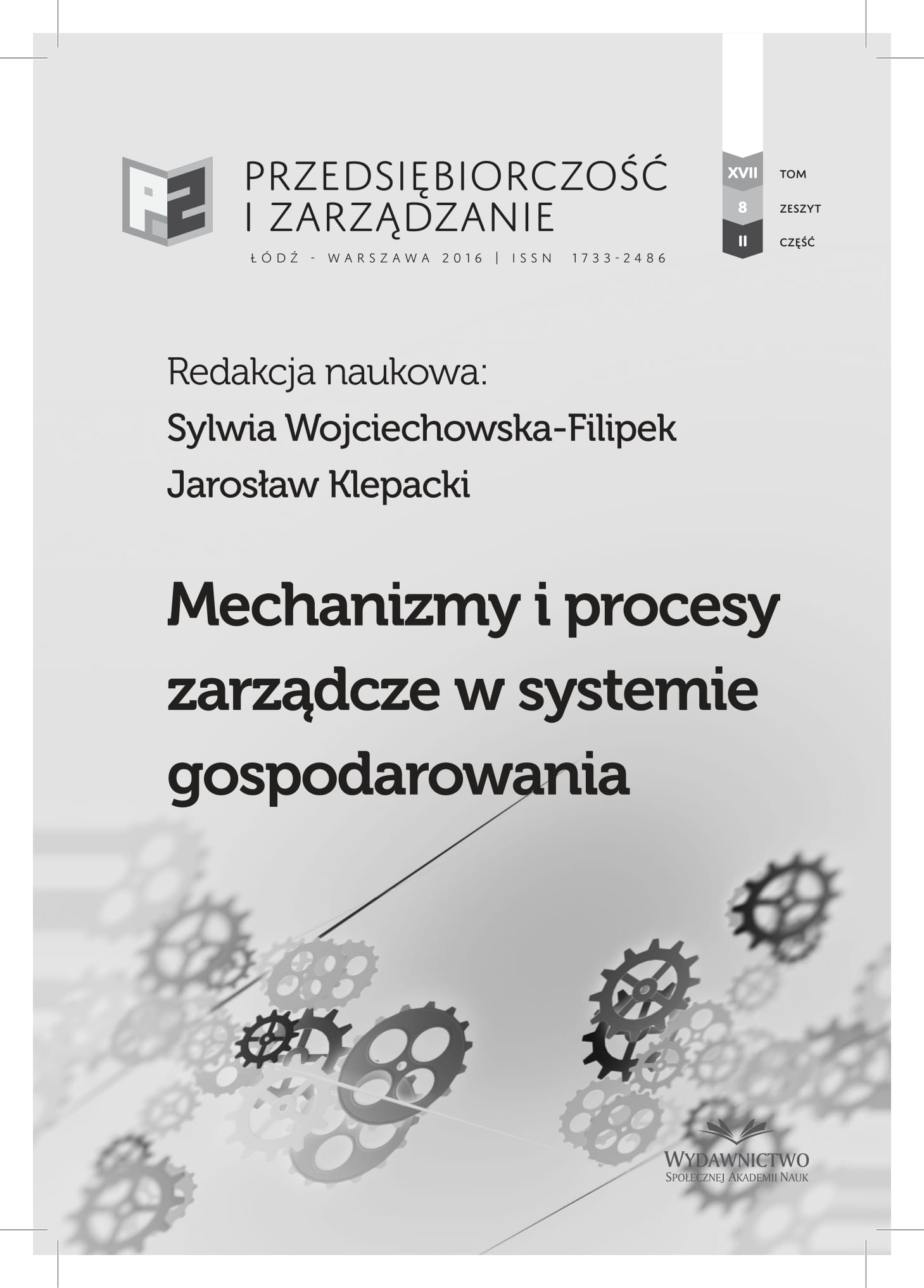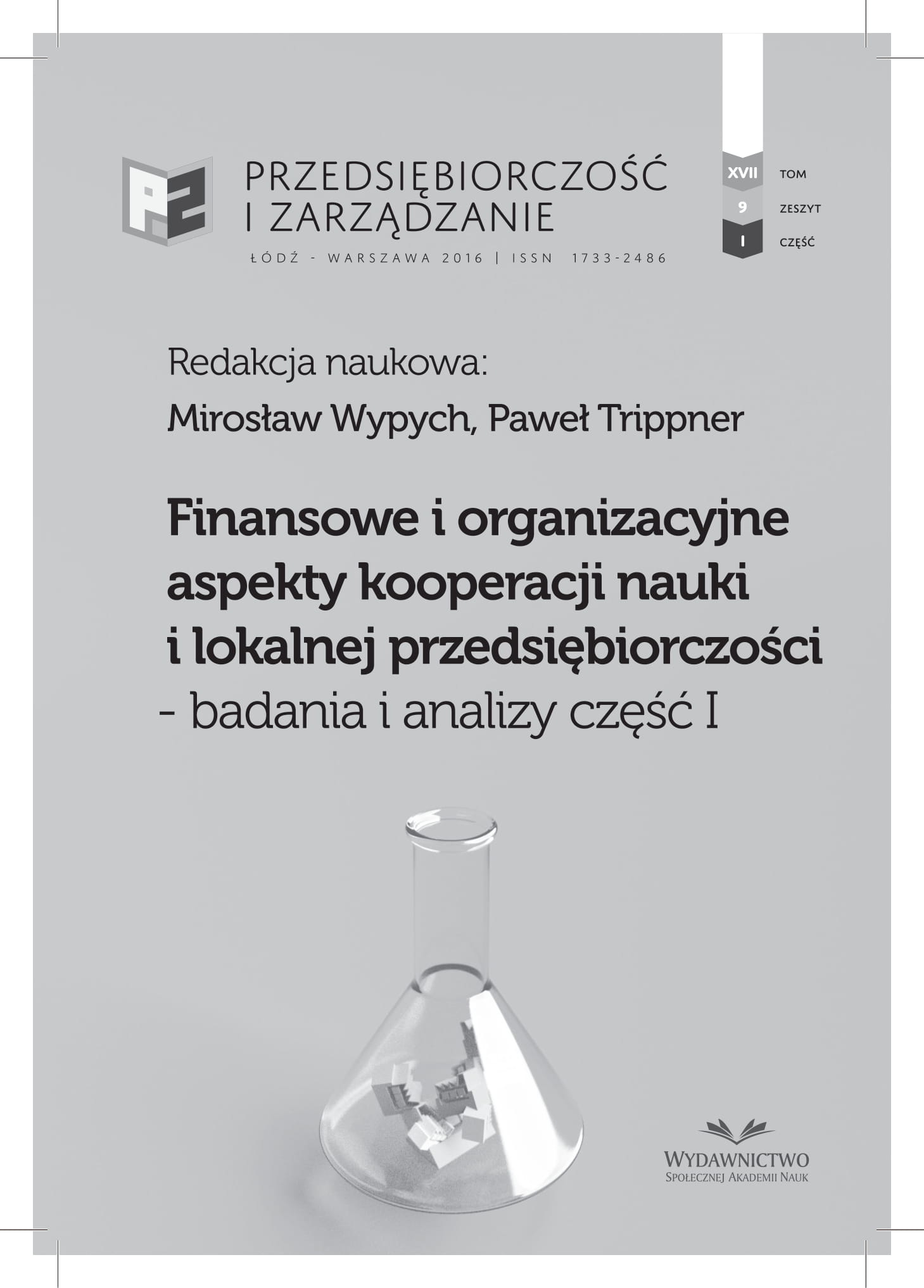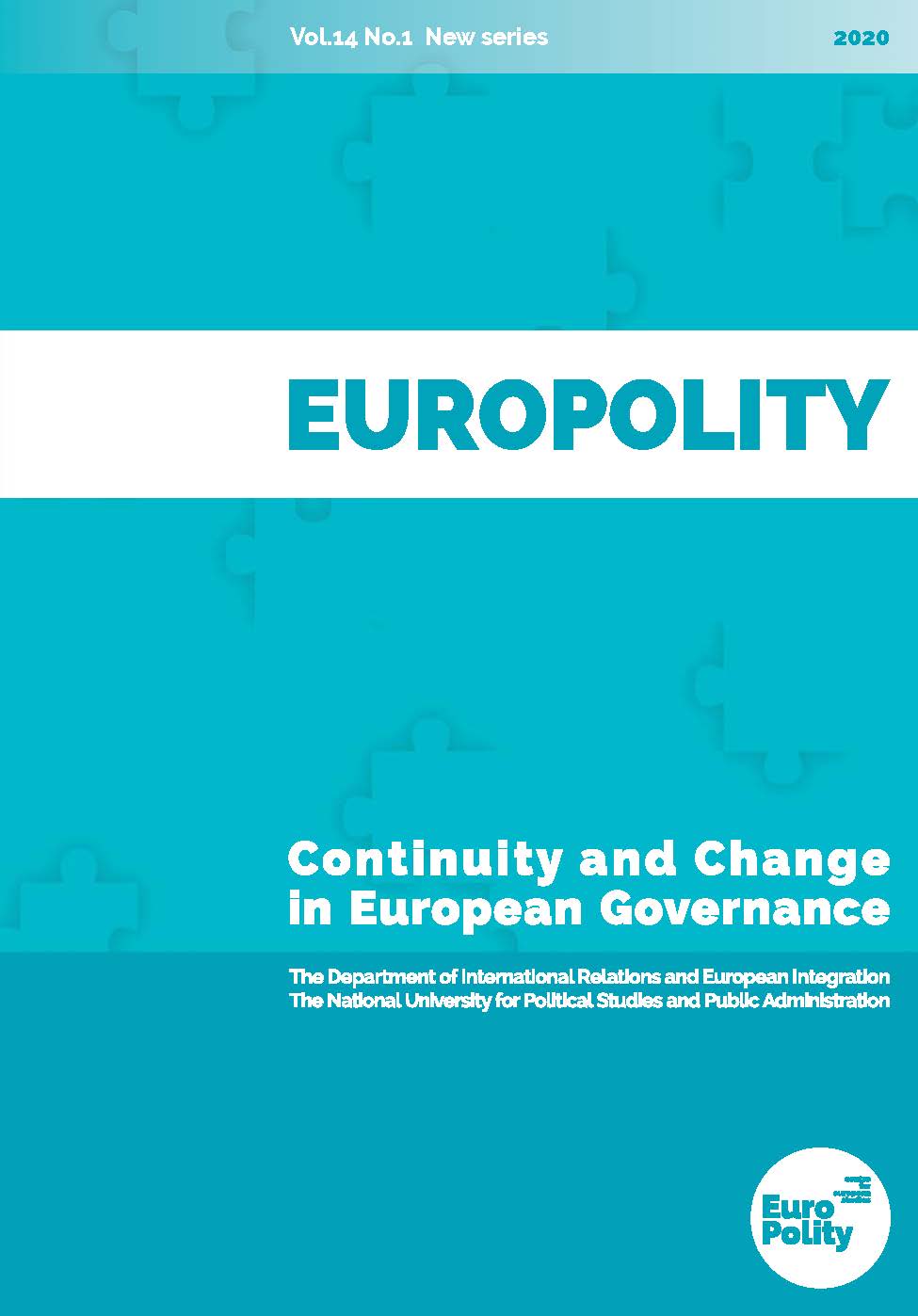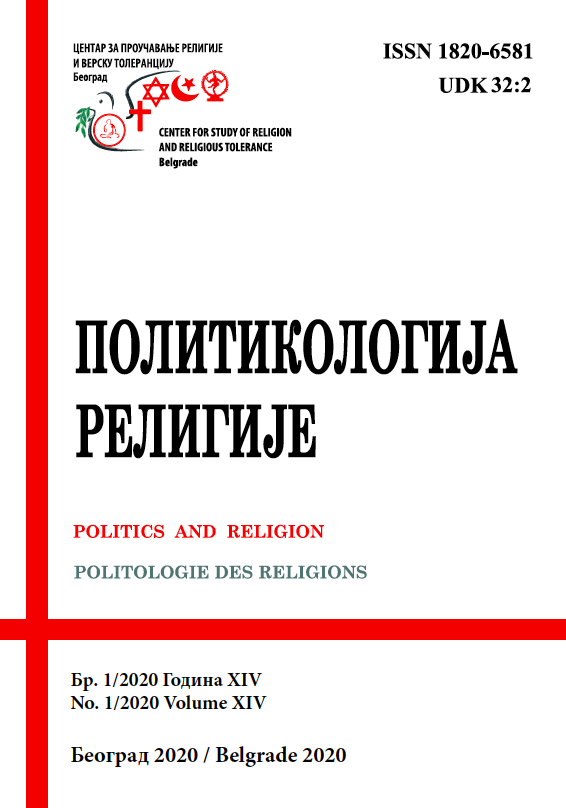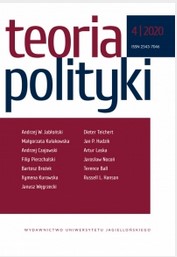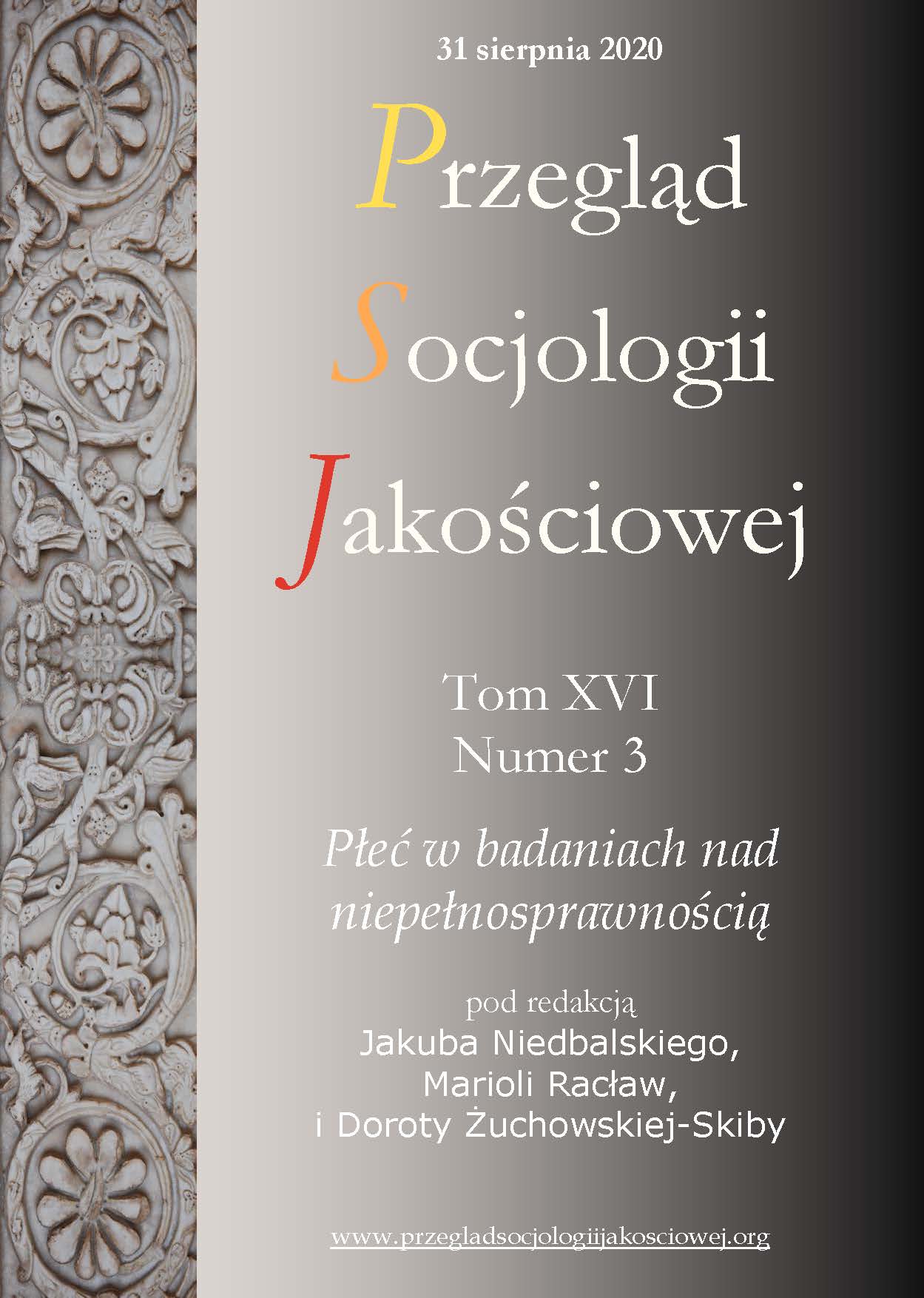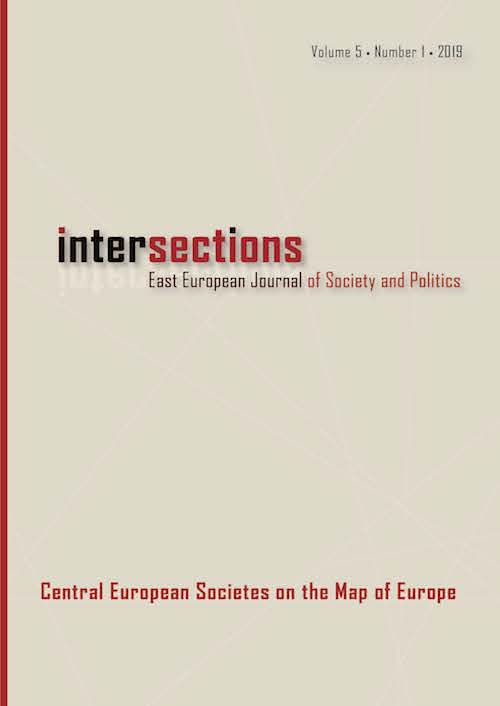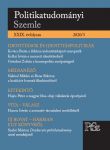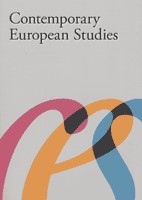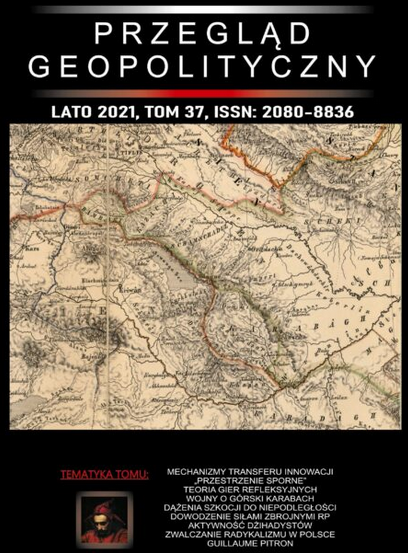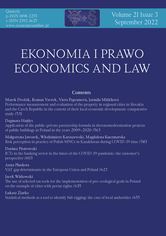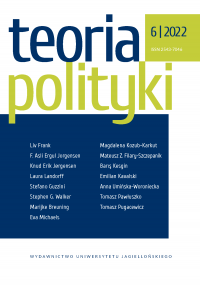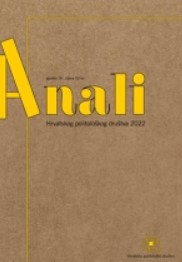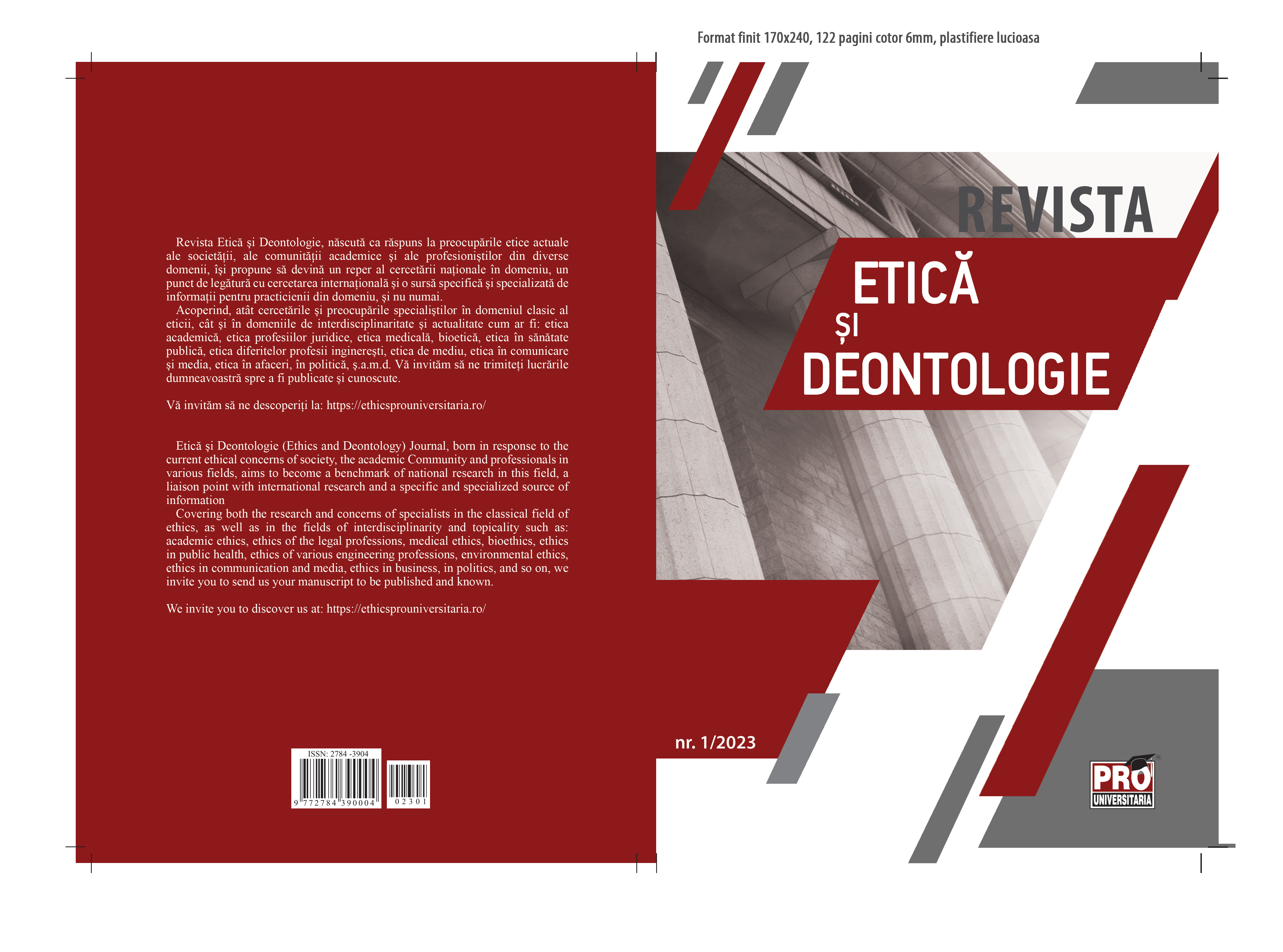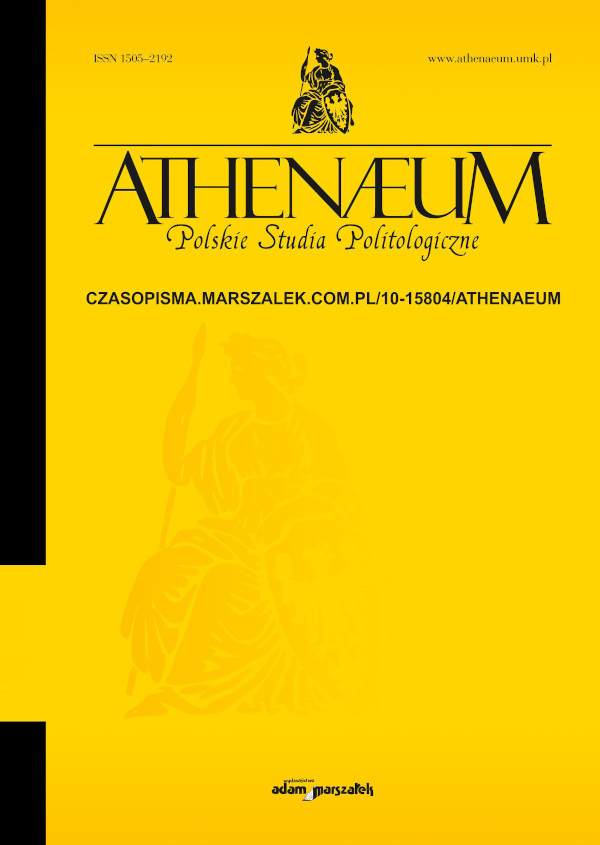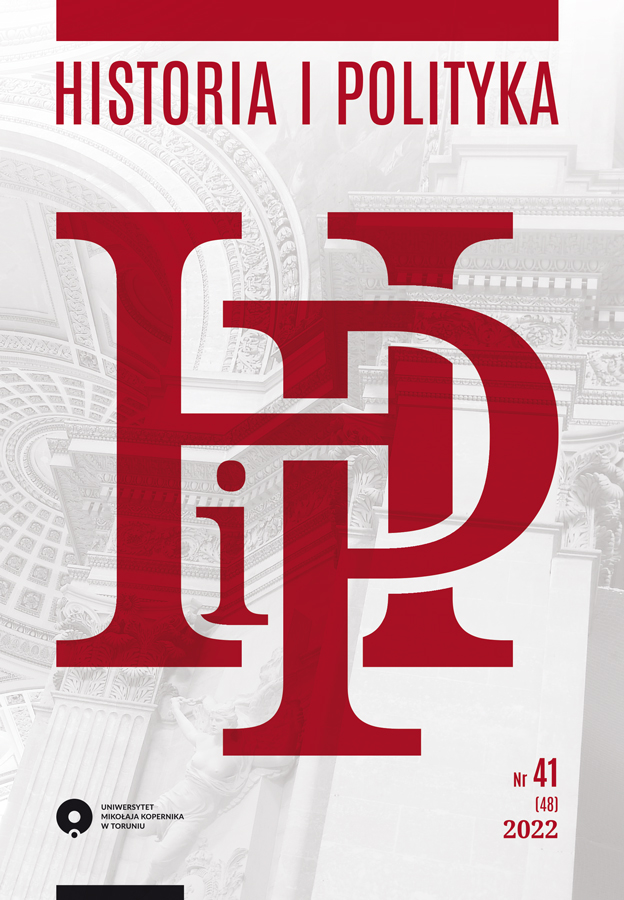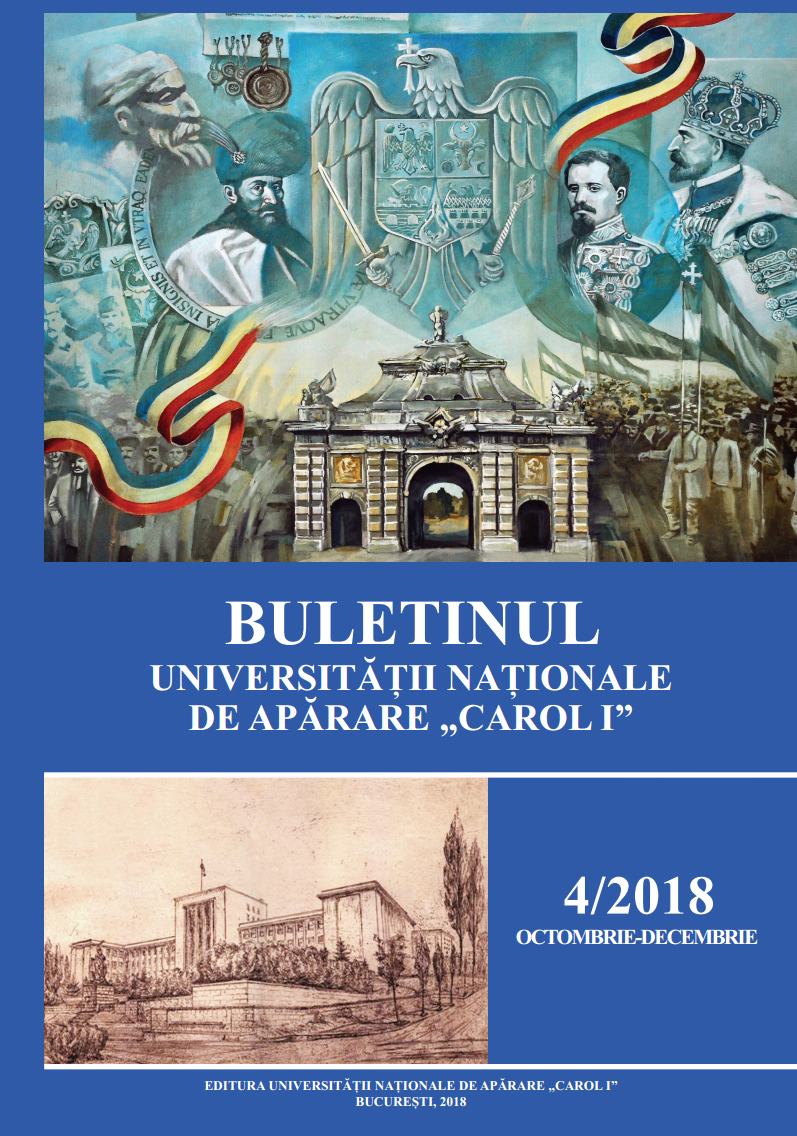
LOCUL, ROLUL ȘI CARACTERISTICILE SISTEMULUI NAȚIONAL DE COMUNICAȚII ȘI INFORMATICĂ ÎN OPERAȚIILE DE STABILITATE ȘI DE SPRIJIN
In this article are presented the main characteristics of the stability and support operations and of the Deployable Communication and Information Module, which represents the element of the national communications and information system used by the Romanian Army in these operations. A particular attention was given to the analysis of the limitations identified as a result of using this system in stability and support operations. Finally, as a conclusion, we emphasize the importance of redesigning this system, in order to join the Federated Mission Networking concept, of achieving the federated environment for mission networks.
More...
